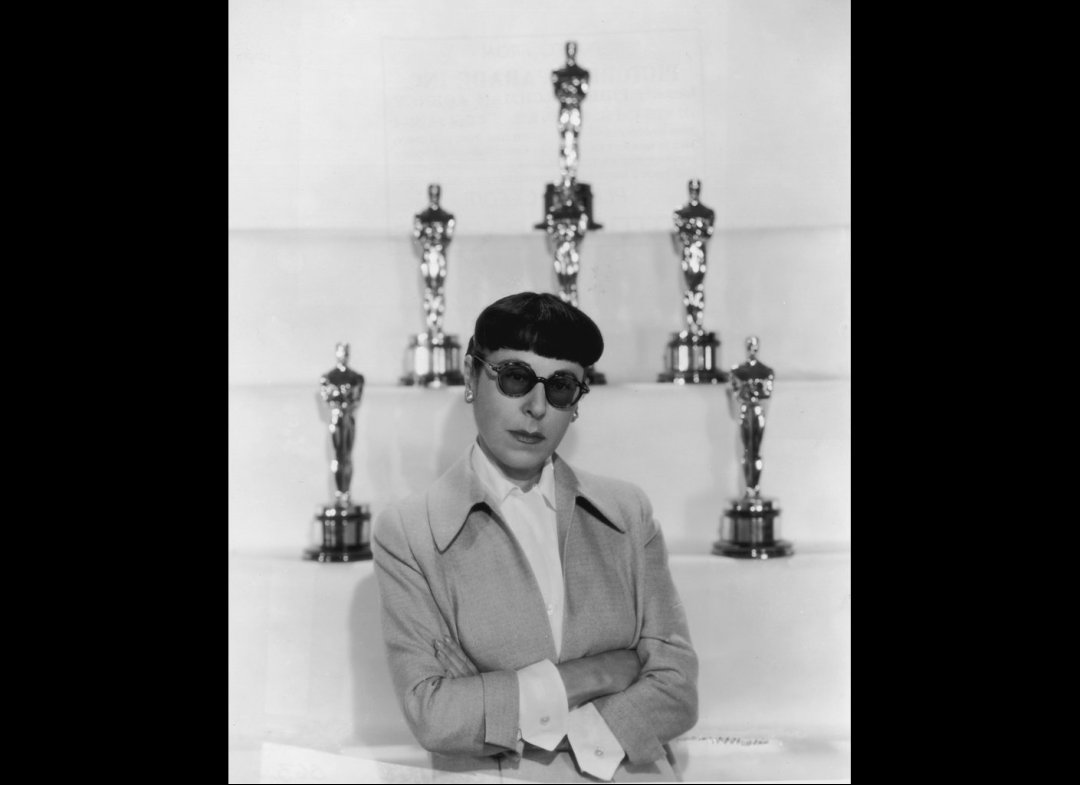(The Verge)- On April 9, Monmouth University hosted a lecture from Professor Vincenzo Mele of the University of Pisa, Italy. The lesson explained why sports are sociologically relevant while examining the issues of racism, sexism, and inequality in the world of sports today.This event was coordinated by Nancy Mezey of the Political Science department.
At the beginning of the lecture, Mele referred to sport as a total “social fact” meaning that sports represent the social actions of business, economics, politics, media, socialization, gender, leisure and work. For example, the world of sports is a business; players are always receiving contracts. Additionally, the media covers sports nearly every day and helps shape people’s views on gender, race, and what is socially acceptable.
This led Mele to his next main point that in sport, the body is socially represented and celebrated. Athletes who are in shape, muscular, and sexually attractive shape our opinions of what is beautiful or what the perfect body is supposed to look like. However, this can be dangerous especially when looking at sports and women.

First of all, women are completely underrepresented in the media when examining sports. How many Sports Illustrated articles show women playing sports on the front cover? Unfortunately, the only cover of this magazine that features women every year is the “Swimsuit Edition” which mostly portrays women as sexual objects rather than athletes. This inequality for women in sports does not seem to be going away anytime soon; however, it has gotten better over the last decade especially for women’s soccer (the US won the Olympics and made it to the finals in the World Cup). Blacks are also slightly underrepresented according to Mele. It seems as if the media only associates black athletes with basketball and football, and usually ignore the black presence in other sports such as soccer and hockey.
Mele also pointed out that sport also has a connection with the industrial world. He called sport and industrialization, “The Perfect Marriage.” To back up this point, he cited two main connections.
First, you must be disciplined. In order to succeed in the workplace and in sport, you must work hard and consistently practice at a quick pace.
Next, sport and industrialization have “inarrestable progress”; meaning that you can always grow and improve. In the industrial world, new products and technology are being developed year after year, while in sports, teams look to build on their successes of the previous year. For example, there is always room to improve in sports no matter how unsuccessful you were in the previous season. In 2011, the Arizona Diamondbacks were able to make the playoffs after finishing with MLB’s worst record the previous year.
This lecture was awfully intriguing for students, especially sports fans, because when a typical person thinks of sports, they usually think about the competitiveness, the excitement, and the fun that fans have watching games. However, there is much more to sport than just that. Sports are sociologically relevant, especially when looking at race, gender, and inequality. Also, when comparing sports versus industrialization, nothing really jumps to mind. However, the similarities between sport, industrialization, and society are much more striking than one would previously believe, thanks to an outstanding lecture by Mele.




